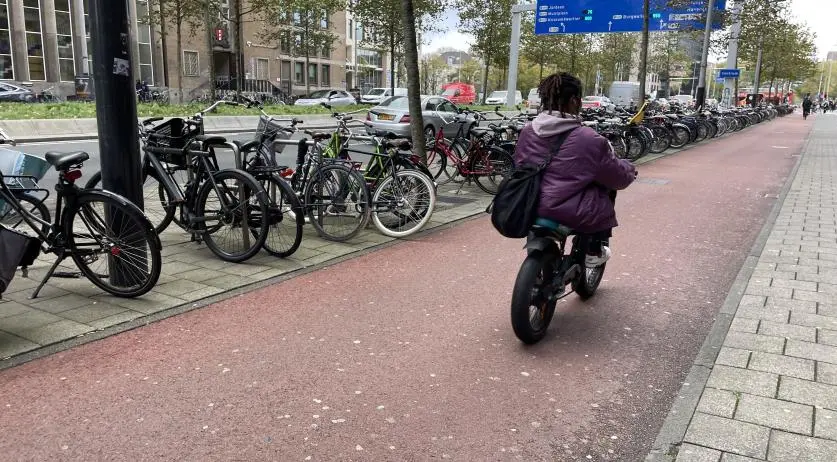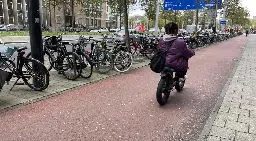Amsterdam testing system that can remotely slow e-bikes down
Amsterdam testing system that can remotely slow e-bikes down

nltimes.nl
Amsterdam testing system that can remotely slow e-bikes down

Alrighty,
So your system knows the exact situation and still is slowing down my bike, just at the moment I need to accelerate to avoid being overrun by that large truck heading into me.
How stupid are these folks? We've got rules, when people don't follow those rules, you fine them. Case closed.
No system to prevent a bike speeding, teach people to obey the law.
